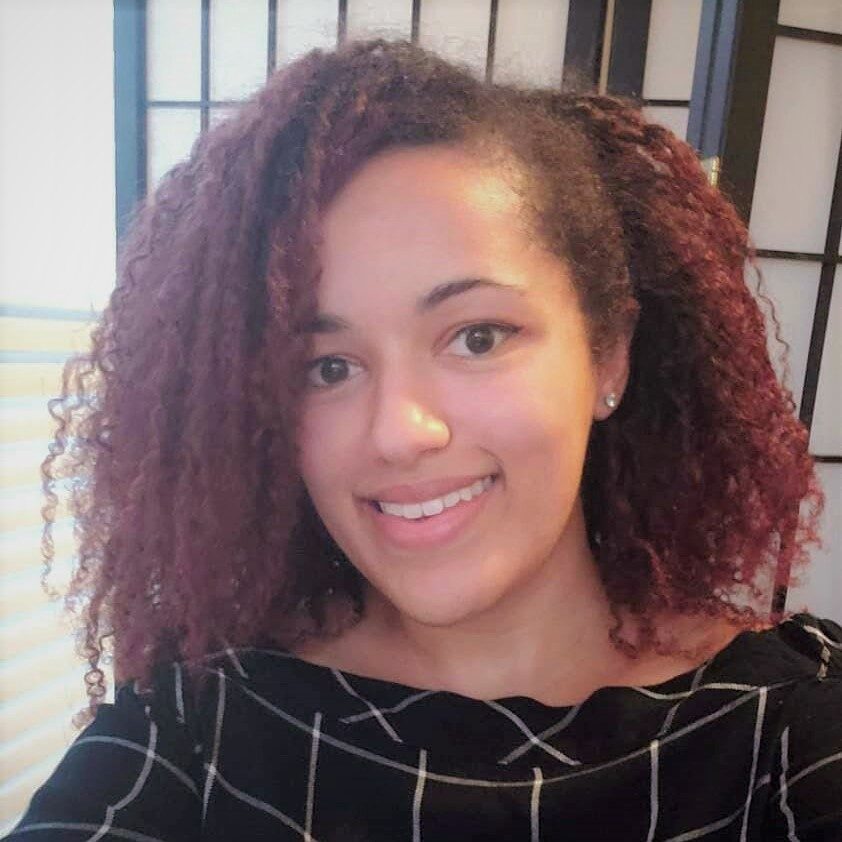Non-autistic people harbor assumptions about autistic people, whether they’re aware of them or not. And those biases can get in the way of autistic people being included both socially and professionally. We talked with Desi Jones, a Doctoral Student at the University of Texas at Dallas, whose recent paper Effects of autism acceptance training on explicit and implicit biases toward autism examines how autistic acceptance efforts both succeed and fail in addressing stereotypes about autism, and what this means. We also discussed her work on structural racism in autism research, and how institutions can do better by their autism researchers of color—and why that doesn’t merely mean recruiting more POC. Photo courtesy Desi Jones [image: Desi Jones, a smiling Black woman with curly shoulder length purple-tinged hair.] TPGA: Can you tell us about your background, and what drew you to autism research? Desi Jones: I double majored in Neuroscience and Psychology…
Tag: diversity
Elizabeth Bartmess elizabethbartmess.com This is a three-part series. Part I explores autistic interiority and neurology. Part II explores Diversity in Autistic Characteristics and Demographics. In Part I of this series, I talked about how good representation of autistic characters shows interiority—characters’ inner experiences and reasons for doing things—and how various aspects of autistic neurology affect our experiences, particularly sensory differences, language and speech differences, social skills and abilities, and our ability to strongly enjoy specific interests. I also briefly mentioned executive function, the usefulness of routines and structures, motor difficulties, and a few other common differences, plus some common co-conditions, and discussed how having these differences, and having to interact with others surrounding them, results in our developing skills and coming to new situations with particular expectations for what will happen. In Part II, I talked about variation among autistic people: we each have a particular constellation of neurological characteristics…
